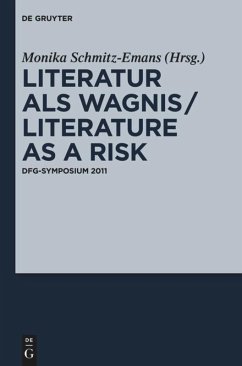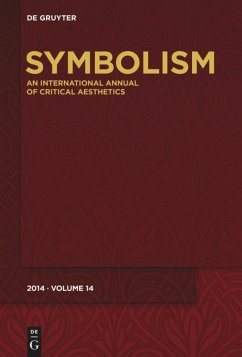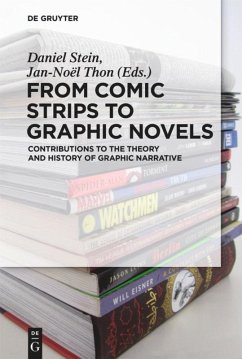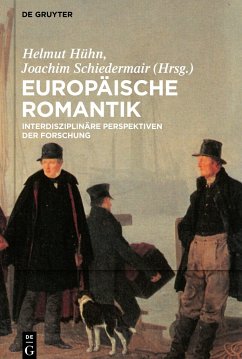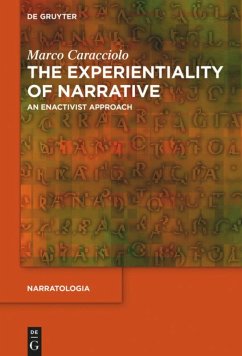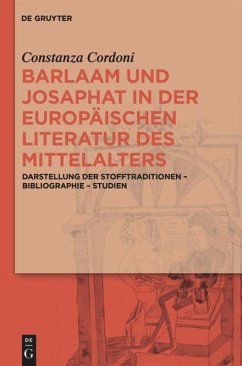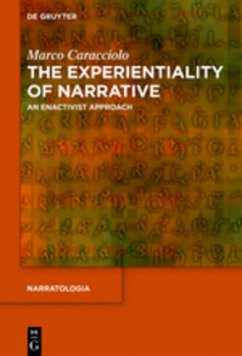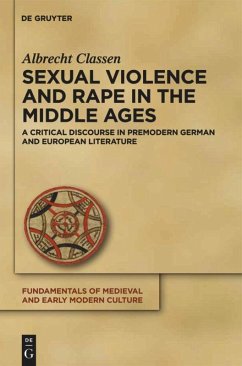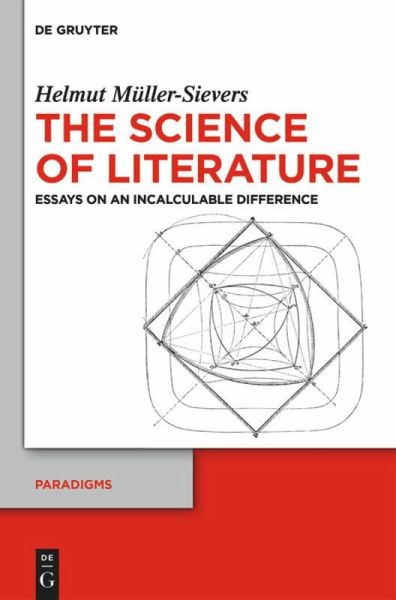
The Science of Literature
Essays on an Incalculable Difference
Versandkostenfrei!
Versandfertig in 1-2 Wochen
99,95 €
inkl. MwSt.
Weitere Ausgaben:

PAYBACK Punkte
0 °P sammeln!
One of the most contentious questions in contemporary literary studies is whether there can ever be a science of literature that can lay claim to objectivity and universality, for example by concentrating on philological criticism, by appealing to cognitive science, or by exposing the underlying media of literary communication.The present collection of essays seeks to open up this discussion by posing the question's historical and systematic double: has there been a science of literature, i.e. a mode of presentation and practice of reference in science that owes its coherence to the discourse ...
One of the most contentious questions in contemporary literary studies is whether there can ever be a science of literature that can lay claim to objectivity and universality, for example by concentrating on philological criticism, by appealing to cognitive science, or by exposing the underlying media of literary communication.
The present collection of essays seeks to open up this discussion by posing the question's historical and systematic double: has there been a science of literature, i.e. a mode of presentation and practice of reference in science that owes its coherence to the discourse of literature? Detailed analyses of scientific, literary and philosophical texts show that from the late 18th to the late 19th century science and literature were bound to one another through an intricate web of mutual dependence and distinct yet incalculable difference. The Science of Literature suggests that this legacy continues to shape the relation between literary and scientific discourses inside and outside of academia.
The present collection of essays seeks to open up this discussion by posing the question's historical and systematic double: has there been a science of literature, i.e. a mode of presentation and practice of reference in science that owes its coherence to the discourse of literature? Detailed analyses of scientific, literary and philosophical texts show that from the late 18th to the late 19th century science and literature were bound to one another through an intricate web of mutual dependence and distinct yet incalculable difference. The Science of Literature suggests that this legacy continues to shape the relation between literary and scientific discourses inside and outside of academia.





